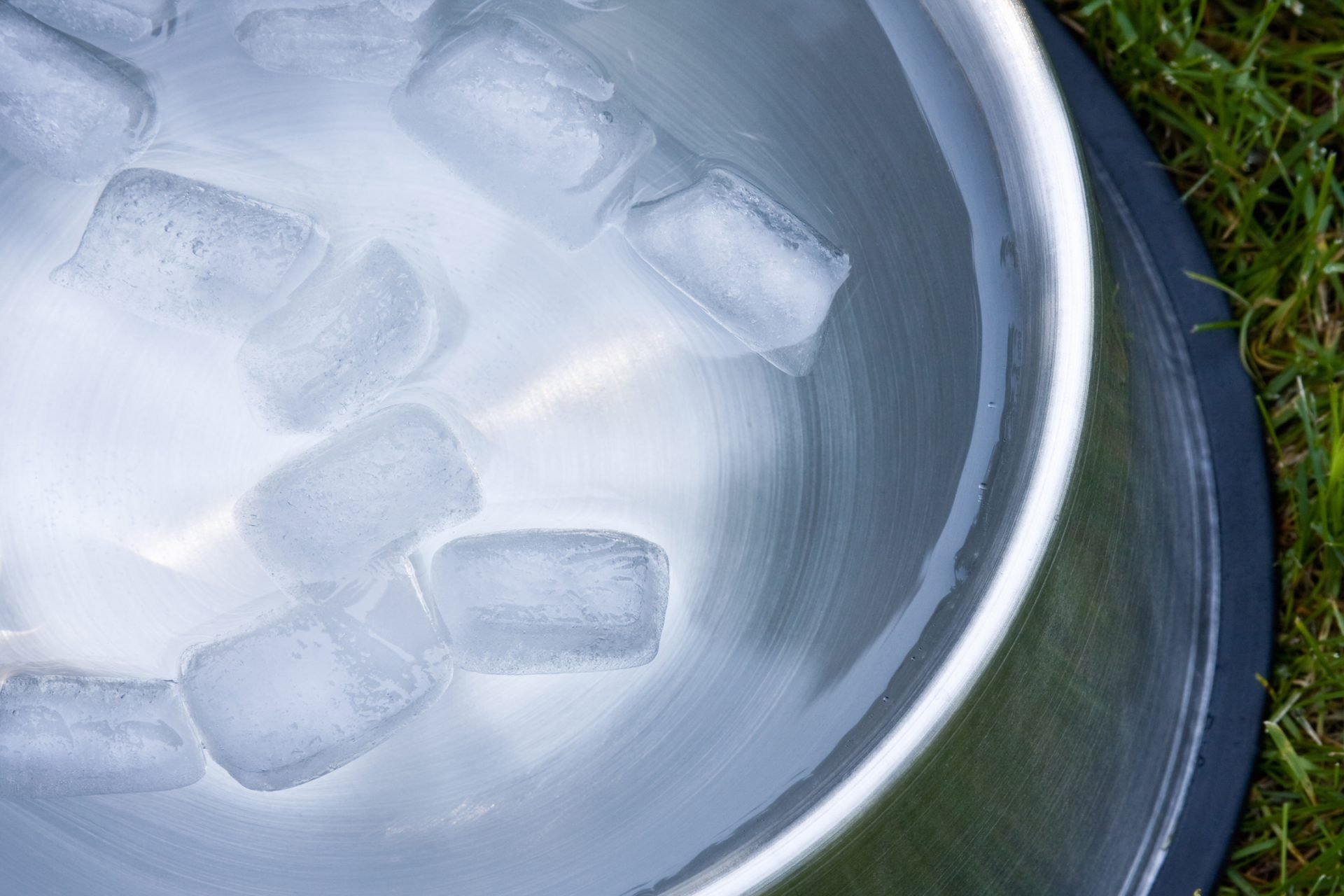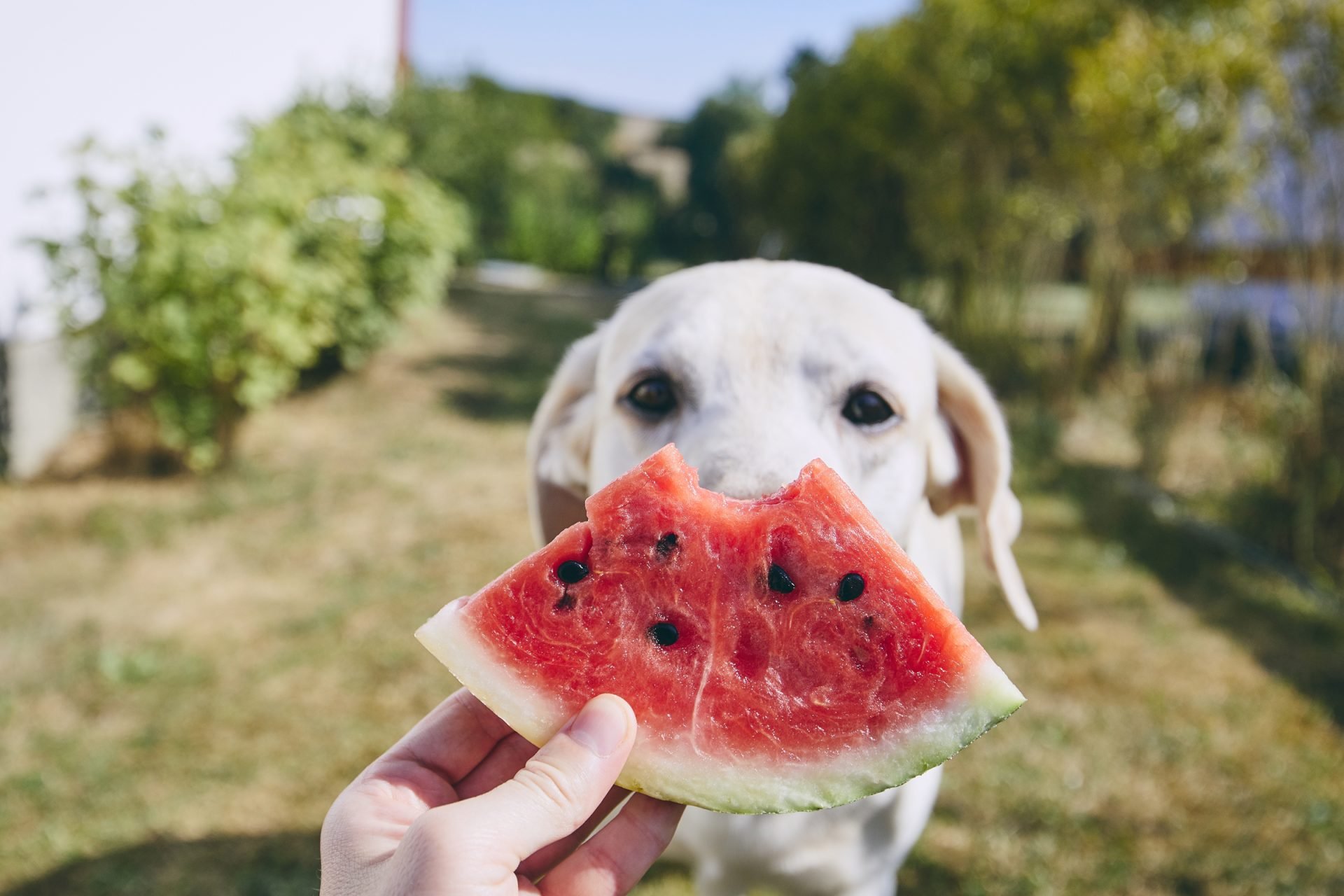Signs of Dehydration in Dogs: Watch Out for These Warning Signs in the Summer Heat
Published: 2024. 06. 14 • 3 minutes reading

Published: 2024. 06. 14 • 3 minutes reading

In the heatwave, it's important to always ensure your dog has enough water. Unfortunately, dehydration is quite common during the summer months and can even be fatal. What are the warning signs you should look out for?
Dehydration occurs when the body uses more fluids than it receives. Simply put, it happens when your pet does not drink enough. A responsible owner always ensures that their four-legged companion has a constant supply of water at a comfortable temperature. This water should be placed in a shady, easily accessible spot. However, stray dogs have difficulty finding water in the summer heat, making dehydration a common problem for them. You can help them by placing a bowl of water in front of your house, preferably in a shady area by the sidewalk. By doing this, you might even save a dog's life!

Dogs lose water through panting, urination, and sweating through their paws, which they mainly replenish by drinking. Since they pant and sweat more in the heat, they need more water, just like we humans do. Some dogs won't let the scorching weather stop them from running around the yard, so it's a good idea to lure them into the house and prevent them from running in the blazing sun.
It's best to place the water bowl indoors where it won't heat up as quickly. Your dog should have easy access to it at all times. You can also place a water-filled bowl in the yard, but make sure it is always in a shady spot. Change the contents of the bowls frequently, and you can even add a few ice cubes. However, ice-cold water is not healthy for your dog either!
 You can add ice cubes to your dog's water, but in moderation!
You can add ice cubes to your dog's water, but in moderation!
Dehydration can also be a consequence of an illness. Health problems that cause frequent vomiting, diarrhea, and fever can lead to dehydration. If you notice these symptoms in your dog, always ensure proper hydration. If your dog refuses to drink, use a syringe to get water into their mouth.
Dehydration is also common in cases of poisoning and can be caused by diabetes, heatstroke, kidney problems, stroke, parasitic infections, and viral or bacterial diseases.
In addition to providing continuous and unlimited access to water, it is important not to give your pet salty foods, as this can also lead to dehydration. Wherever you go, always carry water that your pet can drink, as well as a portable water bowl. To ensure extra hydration, you can give your dog food with a higher moisture content or some juicy, tasty, and dog-safe fruits, such as watermelon.
 In the case of watermelon, make sure your dog doesn't eat the seeds!
In the case of watermelon, make sure your dog doesn't eat the seeds!
Whether it’s your own dog or a stray, it is crucial to immediately recognize the signs of dehydration and get a severely affected pet to a veterinarian as soon as possible. If this is not done in time, kidney or other organ failure, or even death, can occur. How can you tell if a dog is dehydrated?
One method to determine if a dog is dehydrated is to gently pinch the skin on top of their head or back between your thumb and forefinger. If the dog is adequately hydrated, the skin will spring back into place when released. If not, it will return slowly due to lack of moisture.
When you notice any of the above symptoms in a dog, it's important to get them to a veterinarian as soon as possible. The vet will treat the condition according to its severity, typically by replenishing fluids through intravenous infusion and, if necessary, keeping the animal hospitalized.
Do you think your dog can have ice cream? Click here to find out the answer!
Follow us!
facebook instagram youtube spotifyRelated articles

How Not To Make Water Dangerous For Your Dog: Watering And Playing Can Be A Problem
Health • 3 minutes
How to keep your dog safe outdoors during the cold winter
Care • 5 minutes
Is your dog's paw slipping too often on the floor? Here's what you can do to help
Care • 3 minutes
As the temperature drops, your dog's skin becomes more sensitive: how to care for it properly
Care • 3 minutes